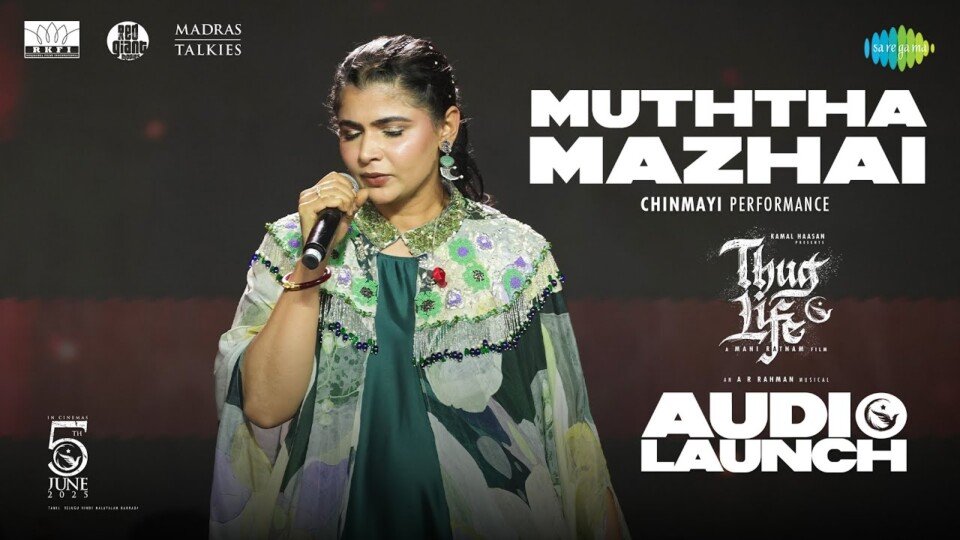There’s a debate happening around Muththa Mazhai. And as usual, it’s become a question of “who sang it better?”
But maybe that’s not the question we should be asking.
Because both versions are good — just in very different ways.
Chinmayi’s version feels like a playful hug. Light. Intimate. Full of little joys. She lifts the song like the lyrics are dancing with her — like they’ve met again after years, and they’ve missed her too. There’s a warmth, a softness, a grace that feels effortless. Every word lands where it should. Every note feels cared for. This is what she does — she doesn’t just sing a song, she holds it.
Dhee’s version, on the other hand, brings something entirely different. It doesn’t soothe. It aches. It lingers in the silences. It searches. Her voice, with all its haunting rawness, adds a layer of yearning — like the song is reaching for something it can’t quite name. She turns something gentle into something heavy. And that, too, is a kind of beauty.
Here’s the honest truth —If Chinmayi’s version didn’t exist, we would have accepted Dhee’s completely. We would have called it unique, emotional, daring. And we’d have meant every word.
But Chinmayi’s version does exist.
And that changes everything.
Because now, this isn’t just about music or voice. It reminds us of something far bigger. It reminds us of the silence that was forced on her — not because of talent, but because she spoke up. Because she stood her ground.
And this isn’t just her loss. It’s ours. It’s about all the songs we never got to hear her on. All the emotions we never got to feel. All the healing we were denied. What we’re witnessing now is not just a comeback — it’s a reminder of everything we were robbed of.
Dhee’s version still matters. It carries its own ache. Its own strange and stirring beauty.
But Chinmayi’s?
That one feels like home. And we should have been allowed to live in it — all these years.

